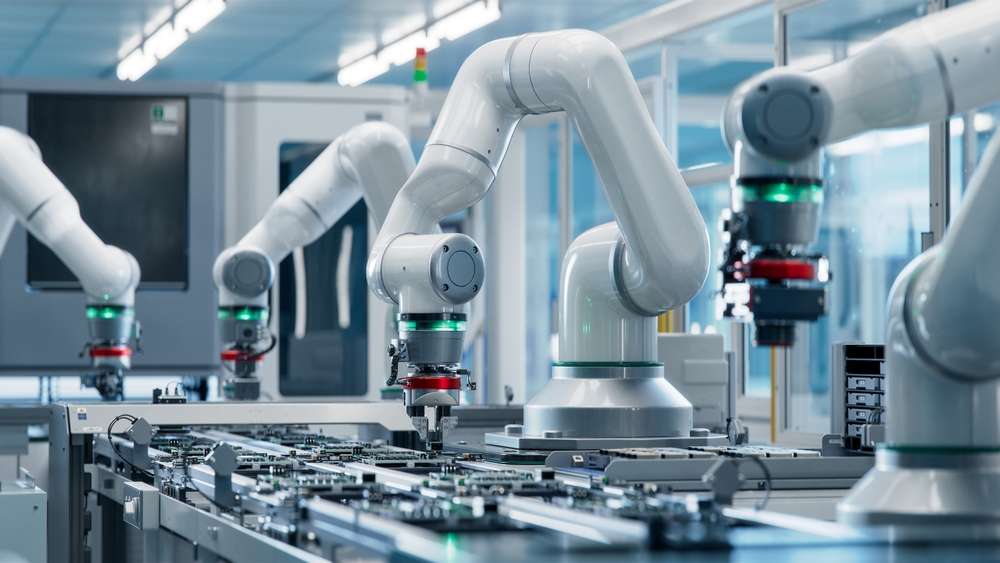"Redefining Industrial Efficiency: The Role of Smart Factories"
In an era where technology is rapidly reshaping industries, smart factories emerge as a strategic opportunity for businesses seeking to enhance their industrial operations. This article delves into the concept of smart factories, their impact on industrial efficiency, and the challenges they present.

The Emergence of Smart Factories
The concept of smart factories is not new. It traces its roots back to the third industrial revolution, where automation and data exchange began to revolutionize manufacturing. However, it’s only in recent years that the concept has gained significant traction, thanks to advancements in technology such as the Internet of Things (IoT), big data, and machine learning.
The Impact of Smart Factories on Industrial Efficiency
Smart factories are transforming the industrial landscape by enhancing efficiency in several ways. They leverage advanced technologies to automate processes, reduce waste, and improve product quality. For instance, predictive maintenance enabled by IoT devices can prevent equipment failure, reducing downtime and maintenance costs. Additionally, real-time data analysis can optimize production processes, leading to improved product quality and reduced waste.
The Benefits and Challenges of Smart Factories
While smart factories offer numerous benefits, they also present several challenges. On the one hand, they can significantly enhance operational efficiency, reduce costs, and improve product quality. On the other hand, implementing a smart factory requires significant investment in technology and skills training. Additionally, businesses must navigate issues related to data security and privacy.
Practical Insights for Implementing Smart Factories
-
Start with a clear vision: Define what you want to achieve with your smart factory and develop a roadmap to guide your transformation journey.
-
Invest in the right technology: Identify the technologies that will deliver the most value for your specific needs and invest in them.
-
Train your workforce: Equip your employees with the necessary skills to operate in a smart factory environment.
-
Prioritize data security: Implement robust data security measures to protect your business from cyber threats.
Conclusion
Smart factories represent a significant opportunity for businesses to enhance their industrial efficiency. While the journey towards implementing a smart factory may be challenging, the potential benefits in terms of improved efficiency, reduced costs, and enhanced product quality make it a worthwhile investment. As technology continues to evolve, businesses that embrace smart factories will be well-positioned to stay ahead of the competition.






